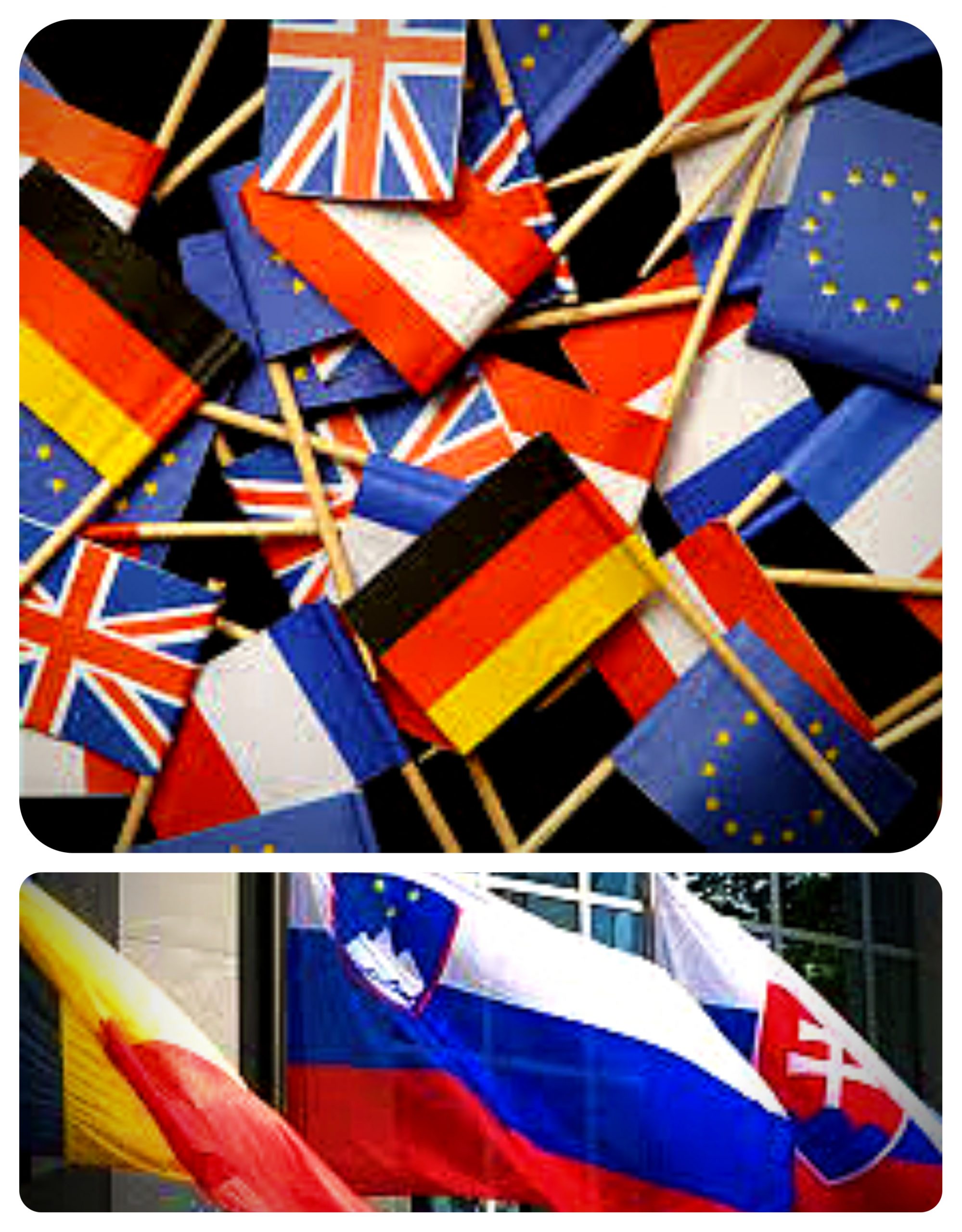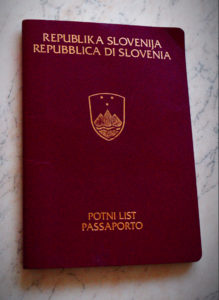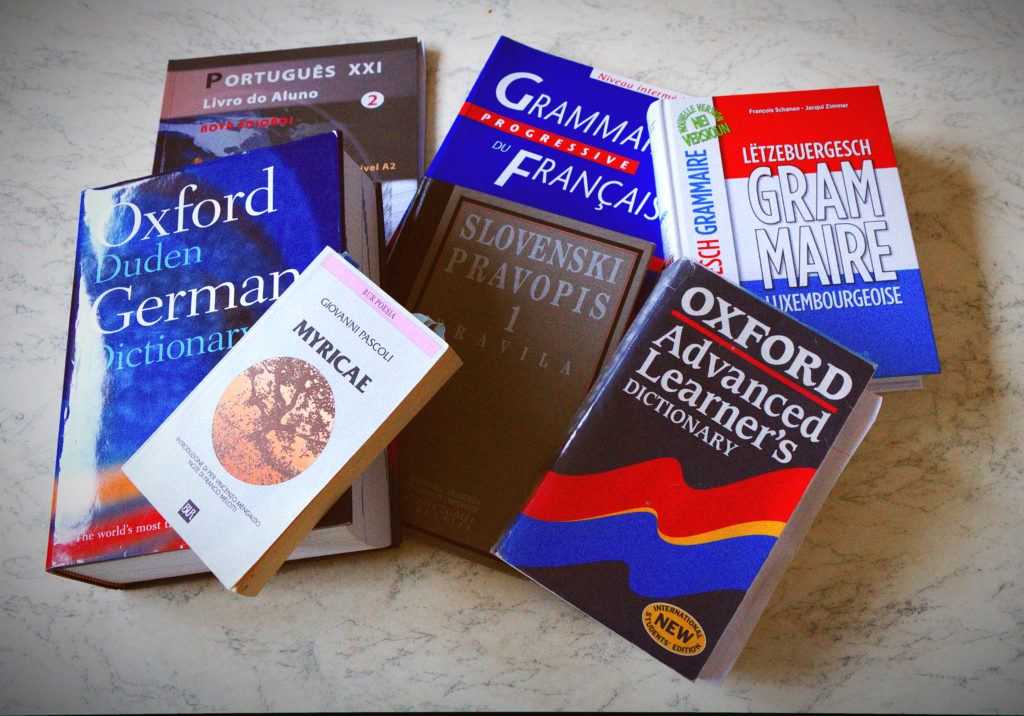Let’s have some story time – loads of words with little to no pictures – shall we?
Growing up in a bilingual region, I and my peers were somewhat of an exotic bird for the rest of the country. Learning another language, Italian in this case, alongside your mother tongue would have hardly been unique. Having all our documents in both languages, however, Italian tv and radio being part of our every-day life and hearing the language spoken on the streets – by our friends, whose home language that was – did seem quite peculiar to anybody who has been bred in any other part of Slovenia.
Furthermore, growing up in multinational Yugoslavia, I’ve been in close contact with Serbian and Croatian throughout my life, as well.
And then, there came English. I started learning my ˝first foreign language˝ (since Italian wasn’t considered as a foreign language, more of a very-close-to-your-mother-tongue-but-not-quite) in 5th grade and it stayed by my side till the very end of high school. After that, I chose English and Italian as my majors at university, where I also took a semester of Portuguese and Russian. And failed utterly at both.
Marko, on the other hand, grew up with Slovene only.
Croatian and Serbian were part of his upbringing as well and he started with English language courses as a child. In high school, German was added to his repertoire, which has, regrettably, long been forgotten.
So we felt pretty confident in our language skills and a bit smug about the worldliness we both felt we possessed when moving abroad. But for all the Slavic tongues we juggled, for all our command of English, even adding my Italian, nothing could help us order at McDonald’s!
So not to die of hunger, off we went, both of us, on a long and thorny Francophone adventure. By now I can confidently say we both have a pretty good command of the language and our first question when checking into a hotel in France isn’t anymore: ˝Est-ce que vous parlez Anglais?˝
On top of that, Marko took up Portuguese, partly for work-related reasons, partly for fun. As for me, due to popular demand, I’ve recently acquainted myself with the mysterious Lëtzebuergesch. I can already tell there is another long and spiky road in front of me.
Which bring us to my babes. Although the first language they were ever exposed to was Slovene, I can safely say they don’t remember there ever being a time when they spoke, or understood, only one language. Each of them went to daycare and started ˝learning˝ French before their first birthdays and they both are by now, at 7 and 5, basically native French and Slovene speakers. After that, at the age of three, Luxembourgish entered their lives since, unlike most of our friends, we chose the public school for our children. And this school year, my 7-year-old started with German, in which she will be educated till the end of time. Or at least for the duration of primary school.
Along the way, both children have picked up some words and phrases from their best friends’ mother tongues and basic English, which took me and Marko by surprise.
It does sound like a lot and believe me, it is! But for our children, all these languages represent the bare minimum to function normally in their every-day. Also, with the exception of German, all their linguistic knowledge has been acquired through play, listening to adults and other children. It fills me with amazement watching them move so effortlessly in this world of theirs filled with languages, switching from one to the other. It has often happened that on the way home from school, I chatted in English with another mother, alongside us my children talked in Luxembourgish with their classmates, then turned to me to ask me something in Slovene, returning to their friends and reporting my answer in French.
So, to win the prize answer the question – how many idioms do we master among the four of us?
And the prize itself? The satisfaction in knowing your math skills are still alive and well!


